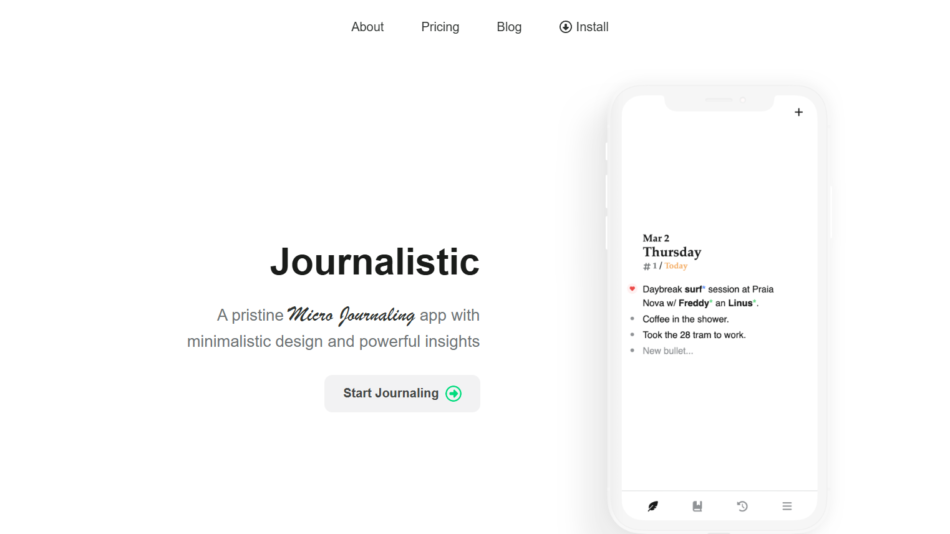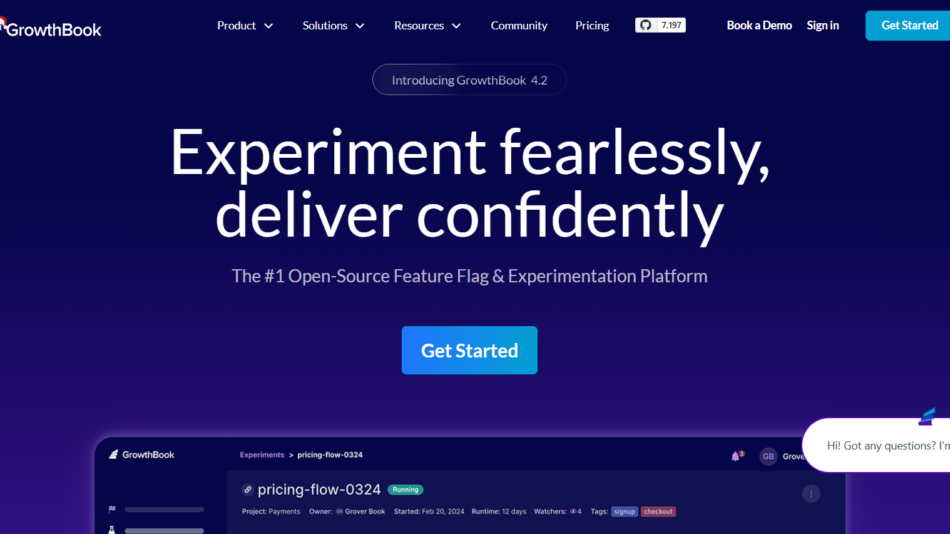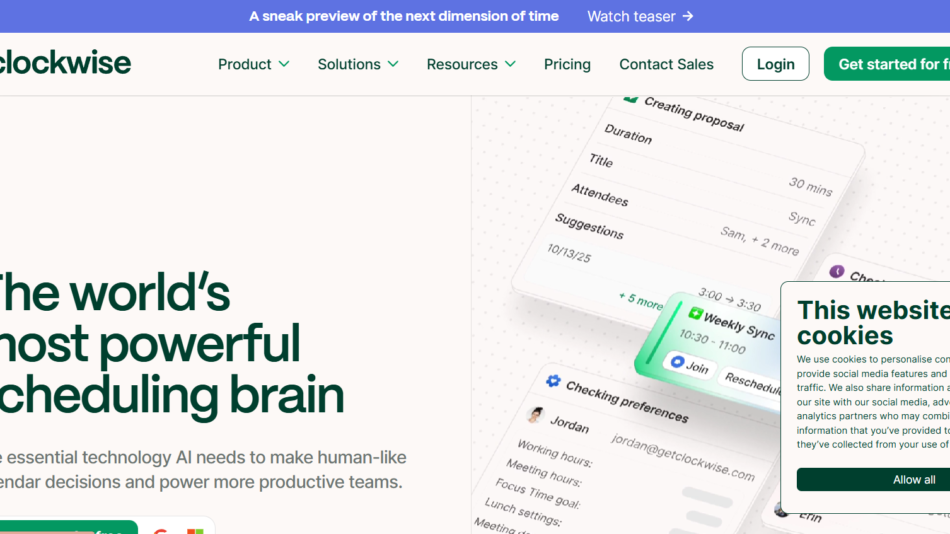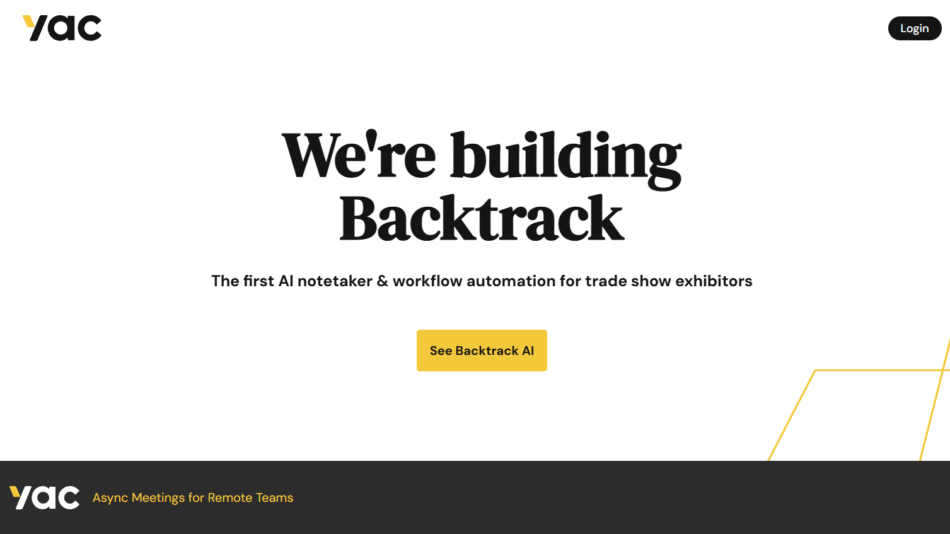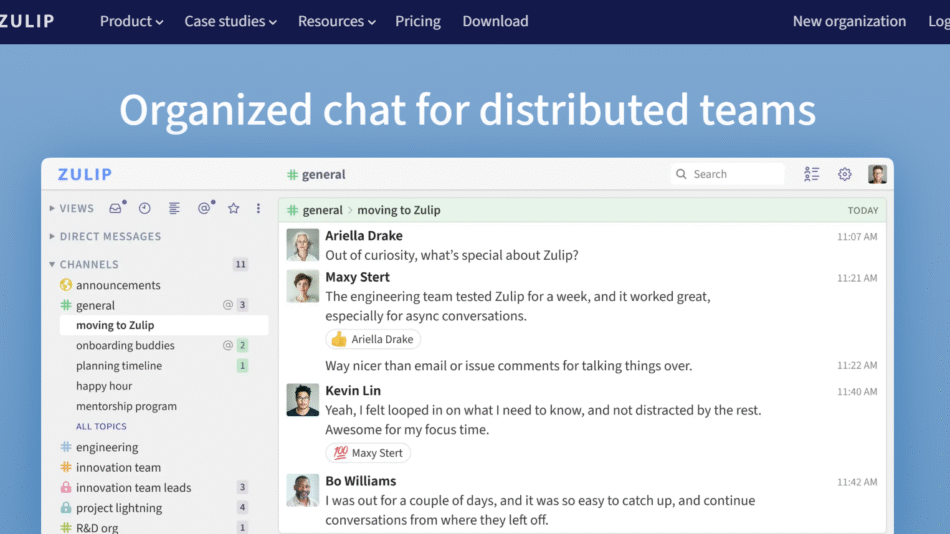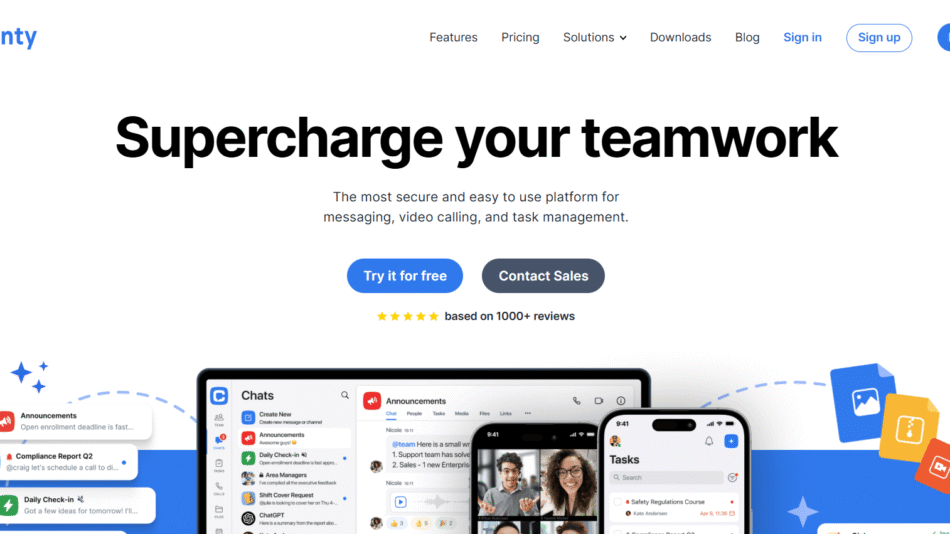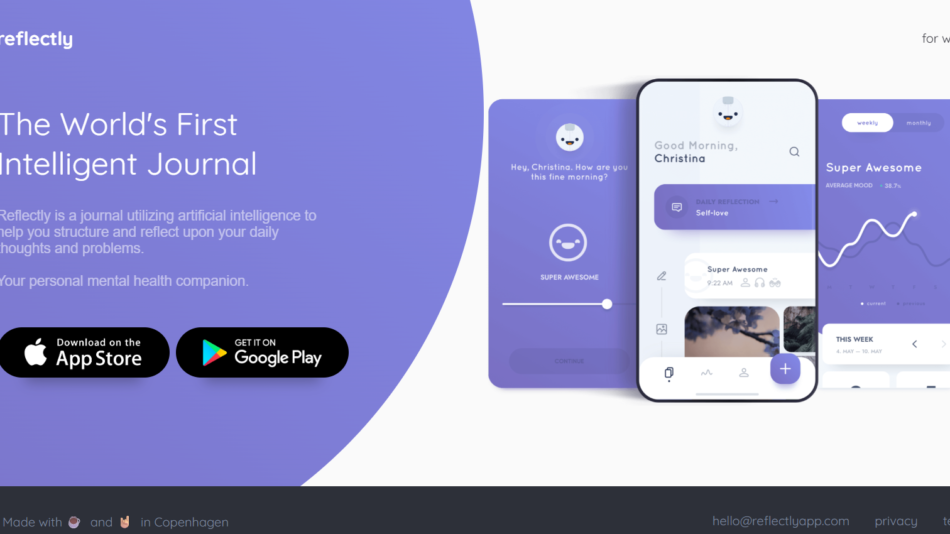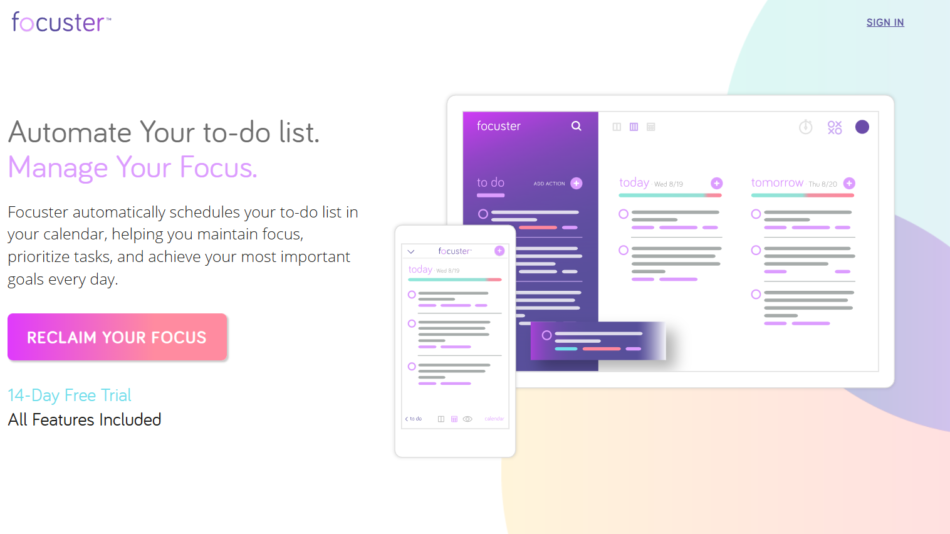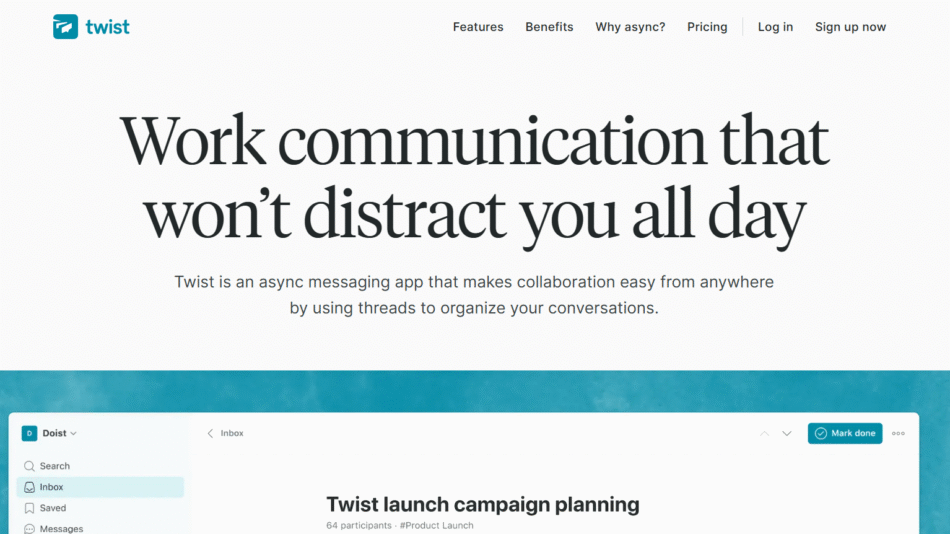Modl.ai is an innovative AI platform that provides game developers with automated testing, quality assurance, and intelligent gameplay tools. Designed specifically for the gaming industry, Modl.ai replaces manual, repetitive QA tasks with smart bots and testing agents that simulate human behavior, uncover bugs, and improve game quality faster than traditional testing methods.
Founded by game industry veterans and AI researchers, Modl.ai aims to shorten game development cycles and reduce the time and cost associated with testing. By using artificial intelligence to analyze gameplay and perform regression testing, Modl.ai allows game studios to detect issues early, iterate more quickly, and deliver polished player experiences.
Whether you’re building an indie title or a AAA blockbuster, Modl.ai offers a powerful set of tools to automate your QA workflows and enhance development efficiency.
Features
Modl.ai provides a suite of features focused on AI-driven game testing and simulation.
The core offering is AI-powered game testing agents. These agents act like players and autonomously explore the game environment, interacting with objects, navigating levels, and triggering events to detect bugs and performance issues. Unlike script-based testing, these agents can adapt to dynamic gameplay situations.
The platform also includes automated playtesting, which allows developers to run simulations with thousands of AI bots to test different game scenarios. This helps identify edge cases and unintended behavior without requiring large QA teams.
Modl.ai’s behavior modeling feature uses machine learning to replicate real player behavior. Developers can analyze how players interact with the game, gain insights into design balance, and fine-tune difficulty levels.
The modl:test solution is tailored to automate regression testing by running AI agents across builds to detect crashes, glitches, and gameplay issues. This ensures each new build maintains quality and consistency.
Modl.ai integrates with game engines such as Unity and Unreal Engine, making it easy for teams to embed AI testing directly into their development pipelines.
With analytics and reporting dashboards, developers can view detailed results of AI testing sessions, including heatmaps, bug reports, and performance metrics.
How It Works
Modl.ai functions by integrating AI agents into your game environment, where they simulate human gameplay to test the game’s functionality and quality. The agents are trained to understand game logic, physics, and interaction rules, allowing them to navigate complex gameplay scenarios intelligently.
Once integrated with your game build, Modl.ai’s agents explore levels, execute actions, and log issues in real time. They can run continuously or on-demand, depending on your QA needs.
Developers configure the agents through the Modl.ai dashboard or SDK. You can specify objectives such as finding crashes, identifying performance drops, or testing specific game mechanics.
The AI agents use reinforcement learning and behavior modeling to interact with the game as a player would, but with the speed and efficiency of automation. They can perform exploratory testing, stress testing, and regression testing across multiple builds.
All findings are compiled into structured reports with reproducible bug steps and supporting data like screenshots and performance logs. This helps teams prioritize fixes and improve QA workflows.
Use Cases
Modl.ai serves a wide range of use cases across the game development lifecycle.
Game studios use Modl.ai to reduce time spent on manual QA by deploying intelligent bots that automatically test new game builds. This accelerates the feedback loop and allows teams to focus on fixing and improving rather than manually reproducing bugs.
Level designers use Modl.ai to validate playability and progression. AI agents can simulate how players move through levels, helping detect dead ends, overpowered zones, or unintended exploits.
In mobile and free-to-play games, Modl.ai helps teams run stress tests and balance mechanics by simulating thousands of player sessions in a short amount of time.
For live service games and MMOs, Modl.ai is used to continuously monitor gameplay quality across updates, ensuring that new content doesn’t introduce regressions or disrupt balance.
VR and AR game developers use the platform to test immersive interactions, validate gesture mechanics, and simulate physical space constraints through AI agents trained to respond to spatial elements.
Indie developers benefit by reducing the cost and time required for QA, allowing small teams to maintain high quality without hiring large testing teams.
Pricing
Modl.ai does not publicly display fixed pricing on its website. The platform follows a customized pricing model based on the size of the game studio, the scope of testing needs, and the number of titles or builds to be supported.
Potential clients are encouraged to reach out to the Modl.ai team through their contact or demo request form to receive a personalized quote and discuss a solution tailored to their development workflow.
This flexible pricing approach ensures that Modl.ai can accommodate everything from small indie studios to large AAA publishers.
For pricing inquiries and access to a personalized demo, visit modl.ai/contact.
Strengths
Modl.ai’s biggest strength lies in its AI-driven approach to game testing. Unlike traditional automation tools that rely on scripts, Modl.ai uses intelligent agents that can adapt to new game environments, making the testing process more flexible and scalable.
By simulating real player behavior, Modl.ai uncovers bugs and usability issues that human testers might miss, particularly in complex or open-world games.
Its compatibility with leading game engines like Unity and Unreal makes it accessible to a wide range of developers.
Automated regression testing ensures that new builds maintain stability, reducing the likelihood of introducing bugs that can affect gameplay or player retention.
Modl.ai significantly reduces the time, effort, and cost associated with manual QA, especially in scenarios where frequent testing and fast iterations are required.
The platform is built by gaming and AI experts, offering specialized solutions that deeply understand the needs of game studios.
Drawbacks
As with most AI-powered platforms, Modl.ai may involve an initial learning curve, particularly for teams new to automation or AI agents. Configuring agents and interpreting their output requires familiarity with the tool and the game’s logic.
Since pricing is customized, studios may need to go through a sales process to understand cost implications, which can delay decision-making for small or fast-moving teams.
Modl.ai is primarily focused on game testing and may not address broader test cases outside gaming, which means it’s best suited for studios rather than general-purpose software developers.
While the platform supports Unity and Unreal, games built on proprietary or less common engines may require custom integration efforts.
Comparison with Other Tools
Compared to traditional manual QA processes, Modl.ai offers massive efficiency gains by automating repetitive testing tasks. Human testers can then focus on creative or subjective evaluations that AI cannot replicate.
In contrast to script-based automation tools, which require predefined paths and actions, Modl.ai’s agents adapt to the game environment dynamically. This makes it especially useful for games with emergent gameplay or nonlinear structures.
Platforms like GameDriver or Test.ai also offer automation for game testing, but Modl.ai differentiates itself by focusing specifically on AI-driven agent behavior, automated exploration, and real-time feedback loops.
For studios seeking advanced testing capabilities tailored to gaming workflows, Modl.ai provides a more targeted and intelligent solution than generic test automation platforms.
Customer Reviews and Testimonials
While Modl.ai does not prominently feature customer reviews on its homepage, several case studies and public interviews highlight the platform’s effectiveness.
Studios using Modl.ai have reported faster QA cycles, improved bug detection, and smoother release pipelines. Developers particularly appreciate the ability to catch game-breaking bugs earlier in development and reduce the need for extensive manual playtesting.
The company has received recognition from gaming and tech industry leaders for its contribution to AI in gaming, and its team includes experts with backgrounds at AAA game studios and AI research institutions.
User feedback from early adopters often points to the platform’s ease of integration and the responsiveness of the Modl.ai support team.
Conclusion
Modl.ai is transforming game development by introducing intelligent, AI-powered automation into the QA process. Its adaptive testing agents simulate real player behavior to uncover bugs, improve gameplay, and reduce the time and cost associated with traditional testing.
For game developers seeking to streamline QA workflows, maintain high quality across builds, and accelerate releases, Modl.ai provides a scalable, smart solution. With deep integration into modern game engines and a focus on usability, it enables studios of all sizes to deliver better gaming experiences through intelligent automation.



